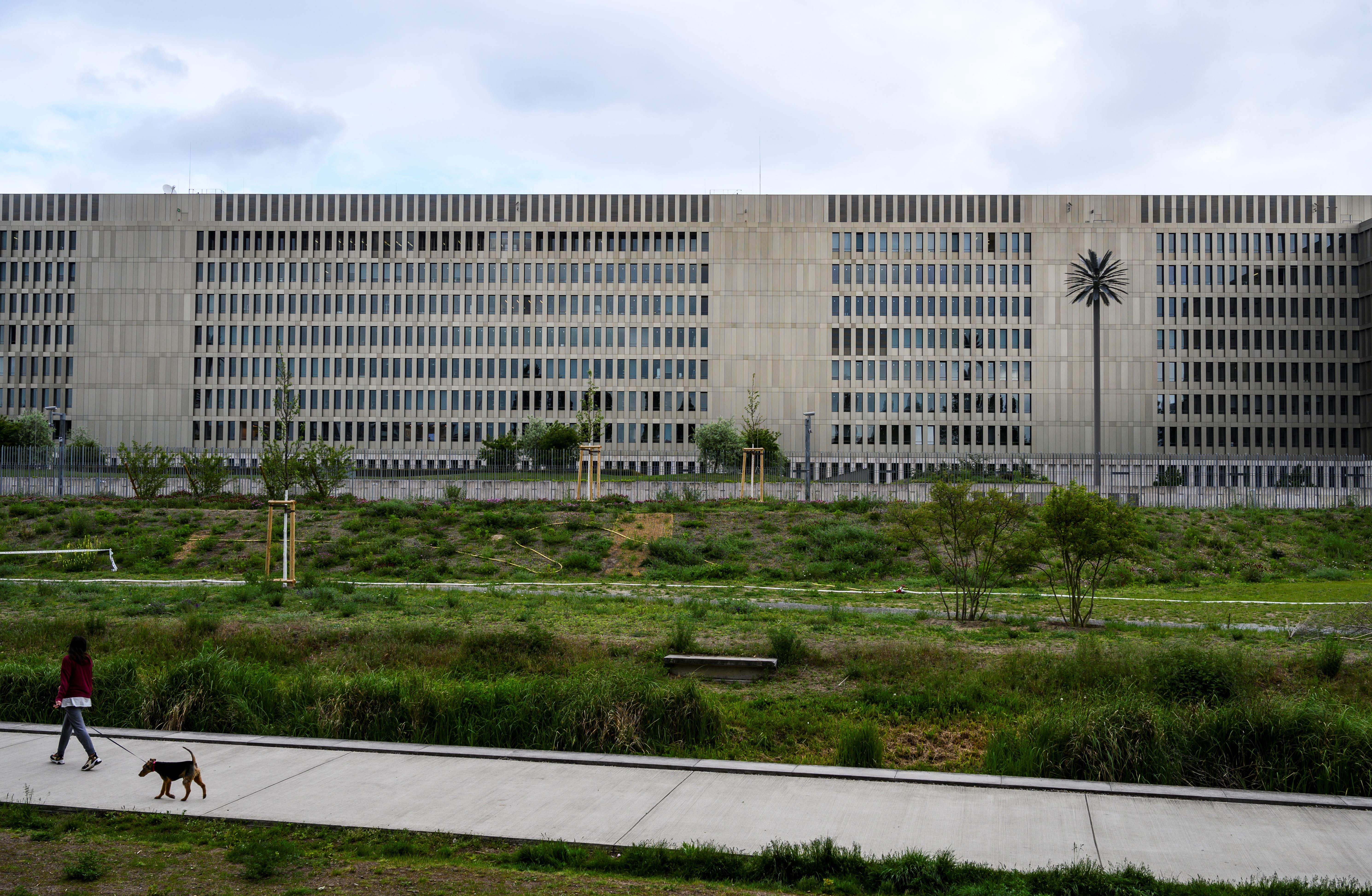Worldwide mass surveillance by Germany’s intelligence service declared unconstitutional in landmark ruling on press freedom in the digital age | Reporters without borders
In a much-anticipated verdict issued this morning, Germany’s Federal Constitutional Court has put an end to the groundless mass surveillance of global internet traffic by Germany’s foreign intelligence service, the Bundesnachrichtendienst (BND). The ruling, the most far-reaching in this field in the past 20 years, sends an important signal for the protection of press freedom in the digital age. Читать на русском / Read in Russian The court ruled that the BND law disregards both the freedom of the press guaranteed in article 5 and the freedom of telecommunications guaranteed in Article 10 of the Basic Law as it does not recognise that foreign surveillance must be conducted in conformity with the Basic Law. When revising the BND law, the legislature will have to take into account that foreign surveillance without cause is only possible in very few cases. Vulnerable groups of persons such as journalists must be granted special protection. Tighter criteria must also apply to the targeted surveillance of individuals. Furthermore, international surveillance must be controlled much more effectively by independent bodies with their own budgetary sovereignty. The ruling thus sets new standards in international human rights protection and for freedom of the press. “The Federal Constitutional Court has once again underlined the importance of press freedom, said Christian Mihr, Executive Director of RSF Germany. We are delighted that Karlsruhe is putting a stop to the escalating surveillance practices of the Federal Intelligence Service abroad”, Mihr added. Six international journalists, including renowned investigative reporters Khadija Ismajilova and Blaz Zgaga, had filed the constitutional complaint against the current BND law in cooperation with Reporters Without Borders (RSF), the civil rights NGO Gesellschaft für Freiheitsrechte, and four German media organisations. The German Act on Signal Intelligence of Foreigners Abroad governing the practices of the BND legalized pre-existing practices of international mass surveillance uncovered by Edward Snowden in 2013. Journalists and civil society organisations were alarmed at its potentially chilling impact on whistle-blowing and investigative journalism at a time when most communication takes place online. The plaintiffs argued that Article 1 of Germany’s Basic Law obliges the government to respect basic rights – irrespective of whether it is acting within Germany or abroad. Citizens of foreign states also have a right to privacy, the plaintiffs asserted, meaning that the BND may not intercept the communications and internet traffic of foreigners outside Germany without restrictions, as the BND law currently allows it to do. The Federal Constitutional Court has now unequivocally affirmed that this applies regarding Article 10 of the Basic Law guaranteeing the privacy of online communications. It was precisely the commitment to fundamental rights, rejected by the BND, which motivated the foreign journalists to lodge their constitutional complaint. The mere possibility of permanent surveillance hinders their work because they are unable to build up trusting relationships with their sources. They now hope that the ruling of the Federal Constitutional Court will set standards for the activities of other states' intelligence services as well. Additional Background: More than seven years after Edward Snowden exposed a global system of mass intelligence surveillance, the Federal Constitutional Court has ruled on the legality of Germany's participation in these activities in the highest court. In the wake of the NSA scandal, a parliamentary investigative committee had brought to light the deep links between the US intelligence service and Germany’s BND, whereupon the then ruling coalition government passed a new BND law. However, instead of setting clear limits for the foreign intelligence service, the German government simply legalized the latter’s practically unlimited foreign surveillance - despite massive protests from civil society. RSF and the Society for Civil Liberties (GFF) then coordinated an alliance of internationally renowned journalists and media organizations. Together they filed a constitutional complaint against the BND law at the end of 2017. Among other things, the plaintiffs feared that the protection of sources was being undermined: If secret services were able to store and evaluate every communication, contact persons all over the world would gradually lose confidence in the media – and in the worst case no longer turn to the press with information on sensitive issues. Through this back door, the BND was also undermining German “editorial secrecy” or source protection, for example when intercepting the communications of foreign partner media of German media outlets collaborating on major international research projects such as the Panama Papers. Germany is ranked on 11th place out of 180 in RSF’s World Press Freedom Index.
 chevron_right
chevron_right

 rss_feed
rss_feed
 chevron_right
chevron_right
